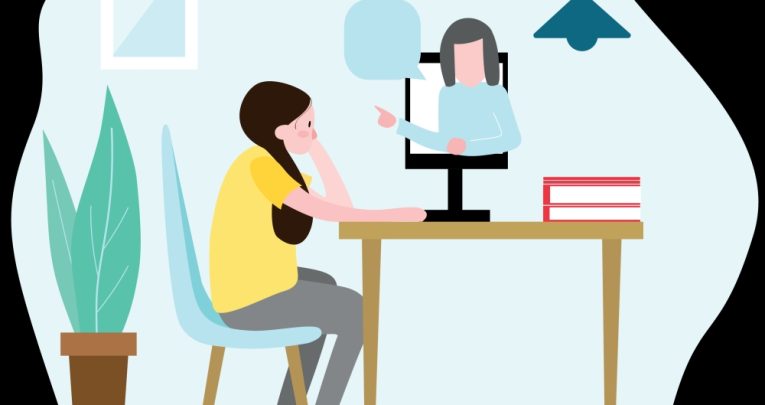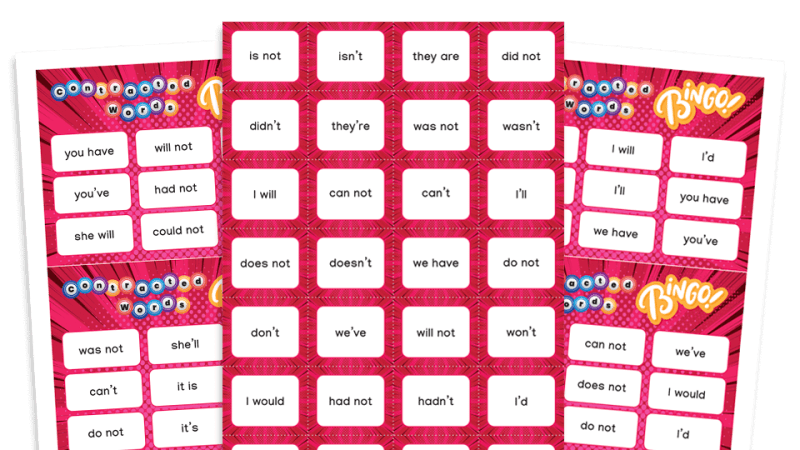“This disruption should pull our profession firmly into the 21st century”

Jayn Sadler sets out why the research skills recently demonstrated by her students outside of school ought to inform wider considerations around teaching and learning…

- by Jayn Sadler

Over the past few weeks, I’ve greatly enjoyed the ‘virtual classroom’ contact I’ve been able to establish with my students.
It’s been wonderful to hear about all the things they’ve been doing to keep themselves occupied; how they’ve spending time with brothers and sisters and exploring their imaginations, as well as the many hours they’ve inevitably spent on their mobile devices and gaming consoles.
Through it all, what I’ve been pleasantly surprised by is the way in which students have been able to independently engage with and managed their workloads. At first, I opted to record video lessons that I would upload each day, but it soon became apparent that the students were getting overwhelmed with the work and due dates set for them by our school’s different departments – thus highlighting the need to carefully monitor across the whole school how much work they were being set and by whom.
Preconceived ideas
I know of other schools that encountered similar issues and responded by producing remote teaching timetables, with different departments assigned specific dates and times in which they could set work. For my part, having wanted to avoid swamping the students with too much work early on, I sourced and set literature ‘workbooks’ based on the text or play that students were supposed to be studying in class.
I ensured that these workbooks were suited to my particular students’ needs, tweaking the resources so they they could be presented with extra challenge or support as required. I asked the students to complete their workbooks over the course of a month, and made myself available to them via email in the meantime, ready to discuss with them any challenges that they might be experiencing.
We subsequently shared some lively debates around the role of Caliban in The Tempest and patriarchy in Romeo & Juliet, and also explored interesting questions around Eric Birling’s dualistic nature. Impressed by the way in which our students have done their own research and developed their critical thinking, I found myself questioning whether we, as educators, have a tendency to teach to a set of preconceived ideas about a text. Could those preconceptions and prejudices be working to limit children’s enjoyment and understanding of the texts in question?
The workbooks deadline I’d set for my students fell at the start of this week. Switching on my computer in the morning, I was greeted by multiple workbooks of outstanding quality. They were completed to a degree that demonstrated a real depth of understanding, a desire to grapple with difficult language and clearly expressed ideas about character motivations.
Above all, I was astounded by the uniqueness of their ideas. Most of these kids can surf the internet and navigate its contents much more easily than some of us adults, and seem to glide effortlessly through countless webpages in order to find resources that they – as individual students – can understand and learn from. The pace of their learning when using the internet is fast, and the breadth of opinion they’re exposed to, vast. In this respect at least, I can only see this access they have to unlimited knowledge as a good thing.
Reasons to dream
I don’t know whether this lockdown will have a lasting impact on our usual teaching methods when we get back to school, but it somehow feels that it should do – that this horrifying moment in history ought to leave us with something new and positive that we can take forward.
Looking round at all the wondrous things that decades of scientific and technological progress have given us, I’ve often wondered why our profession has barely changed in its basic form since the Victorian era. Of course, we now have pens, exercise books and computers in place of lead and slate, but the fundamental methodology of teaching has largely remained the same.
Shouldn’t the disruption caused by this lockdown prompt us to perhaps pull our profession firmly into the 21st century? I don’t just mean adopting the odd software package to help improve kids’ Spanish pronunciation or organise team quizzes – big changes, such as computer-based exams in which students are able to complete papers using digital pens and surfaces that upload their responses to a centrally administered system. Changes that might enable coursework to be properly monitored and conditions to be enforced via technological means? We might even see a day where artificial intelligence makes marking itself a thing of the past – who knows what else might be possible…?
Jayn Sadler is an English teacher from north Essex











